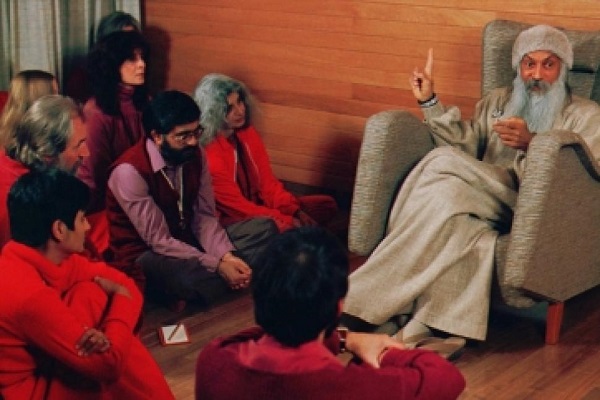WHAT IS A SELFISH DESIRE?
In the Buddhist way of expression, a selfish desire is one that is based in the self. Ordinarily, in ordinary language, we call a desire selfish if it is against somebody else and you don’t care about others. Even if it harms others, you go ahead and you fulfill your desire. People call you selfish because you don’t care for others, you don’t have any consideration for others.
But when Buddha says a desire is selfish, his meaning is totally different. He says: If a desire is based in the idea of self then it is selfish.
For example: you donate, a million rupees you donate, for some good cause — hospitals to be made or schools to be opened, or food to be distributed to the poor, or medicine to be sent to poor parts of the country — nobody will call it a selfish desire. Buddha will say it is — IF there is any motivation of self. If you are thinking that by donating a million rupees you are going to earn some virtue and you are going to be rewarded in heaven, it is a selfish desire. It may not be harmful to others — it is not — in fact, everybody will appreciate it. People will call you a great man, religious, virtuous; a great man of charity, love, compassion, sympathy. But Buddha will say the only thing that determines whether a desire is selfish or not is motivation.
If you have donated without any motivation, then it is not selfish. If there is any motivation hidden somewhere — conscious, unconscious — that you are going to gain something out of it, here or hereafter, then it is a selfish desire. That which comes out of the self is a selfish desire; that which comes as part of the ego is a selfish desire. If you meditate just to attain to your self hood, then it is a selfish desire.
The Discipline of Transcendence, Vol 3
Osho






